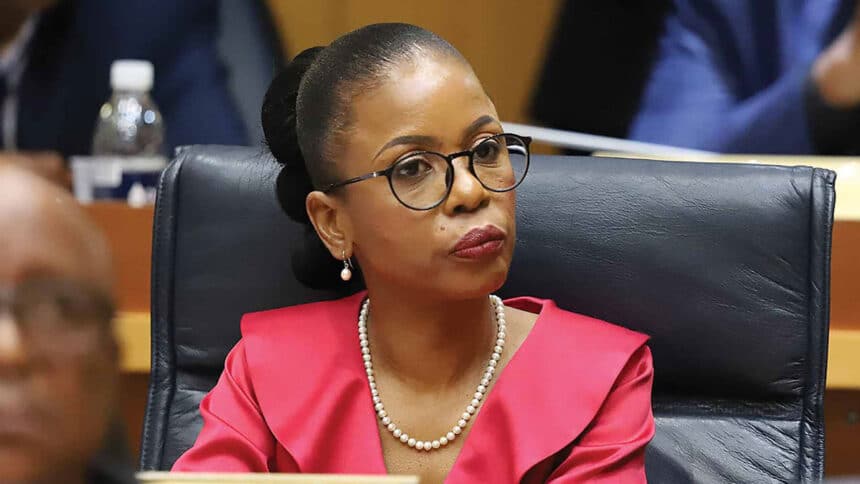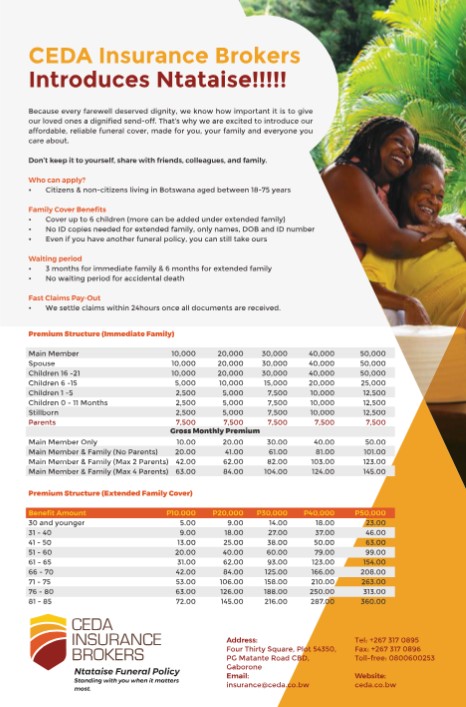From surplus to deficit, aiming for recovery by 2025/26
After two consecutive financial years of enjoying a surplus, the budget is poised to incur a deficit in the 2023/24 fiscal year, gradually returning to a minor surplus by 2025/26.
The 2021/22 financial year witnessed government revenue and grants aligning closely with total expenditure at P68.60 billion and P68.70 billion, respectively. The subsequent year saw a marginal improvement, with government revenue reaching P74.10 billion, driven by increased mineral revenue, while expenditures totaled P74.09 billion.
Although the improvement was modest, it hinted at a positive trajectory. However, as the current 2023/24 financial year approaches its conclusion, projections indicate the onset of another deficit, with revenue estimated at P82 billion against an expenditure of P88 billion.
In the 2024/25 financial year, revenue and grants are expected to peak at P83 billion, juxtaposed against a substantial government expenditure of P88 billion. It is only in the 2025/26 season that government cash inflow is anticipated to improve to P93 billion, with costs forecasted at P91 billion.
According to the 2024/25 budget strategy from the Ministry of Finance, the looming deficit is attributed to higher budget capital expenditure as part of the Transitional National Development Plan and reduced revenue due to lower mineral receipts stemming from weak global demand.
Lower revenues also result from diminished Southern African Customs Union (SACU) transfers due to an estimated decrease in Botswana’s share caused by exchange rate valuation losses from a stronger Pula against the South African Rand.
Speaking at the Budget Pitso last week, Minister of Finance Peggy Serame emphasized the need for change to escape the middle-income trap and accelerate aspirations for attaining a high-income status. She highlighted the necessity for introspection, new laws, amendments to existing ones, and the implementation of policies fostering entrepreneurship, increased productivity, export-led growth, job creation, and economic diversification.
The slow global economic activity, anticipated to affect the domestic economy, particularly diamond sales, is attributed to weakening global demand for rough diamonds. The world economy is projected to slow down by 3 percent in 2023, down from 3.5 percent in 2022, due to ongoing geopolitical tensions and macro-financial uncertainties.
Minister Serame outlined the budget’s focus on supporting programs and initiatives aimed at promoting non-mining industries, exploring value chain development opportunities, and boosting job creation for youth. The declared national priorities include export-led growth, attracting foreign direct investment, supporting the private sector through business environment reforms, value chain development, green transition, innovation, and digital transformation.
The domestic economy is expected to contract from the 5.8 percent growth realized in 2022 to 3.8 percent in 2023, driven by low diamond sales amid weak global demand.
“In light of these growth prospects, difficult policy trade-offs are necessary to cope with adversity, attain macroeconomic stability, and support economic recovery. This underscores the importance of advancing structural reforms to promote economic diversification, private sector development, boost growth and employment potential, and reduce inequality,” declared Minister Serame.














